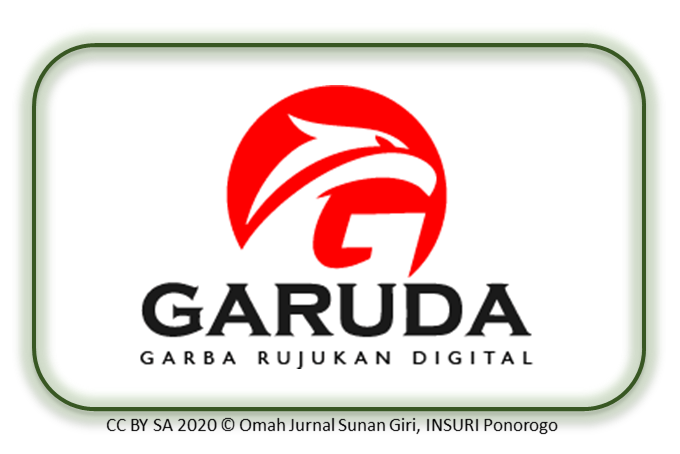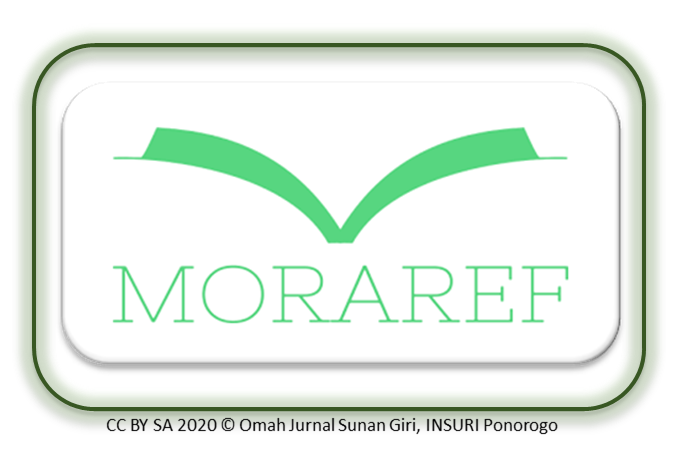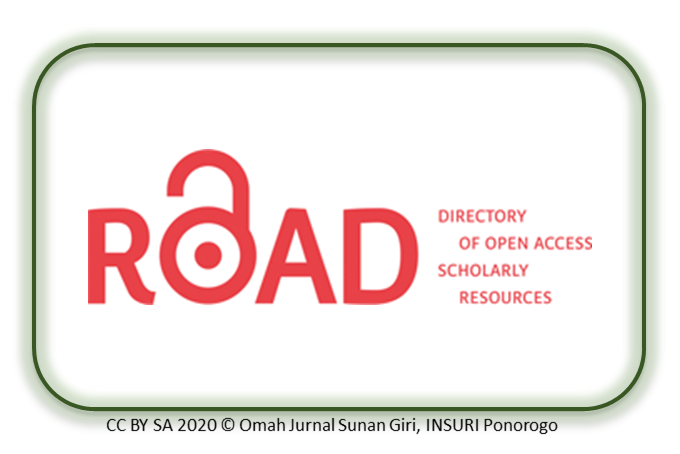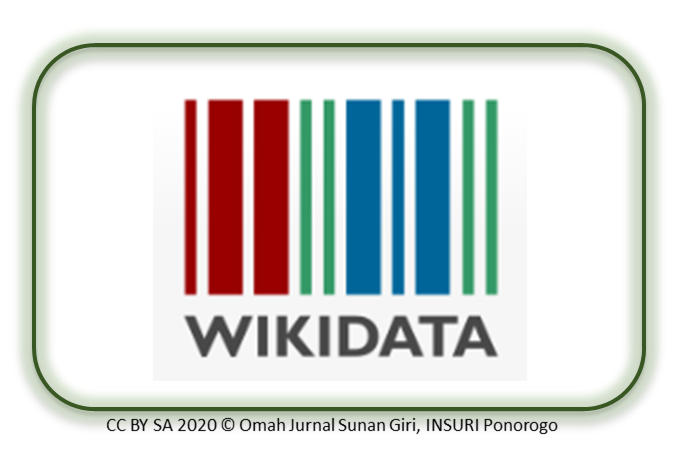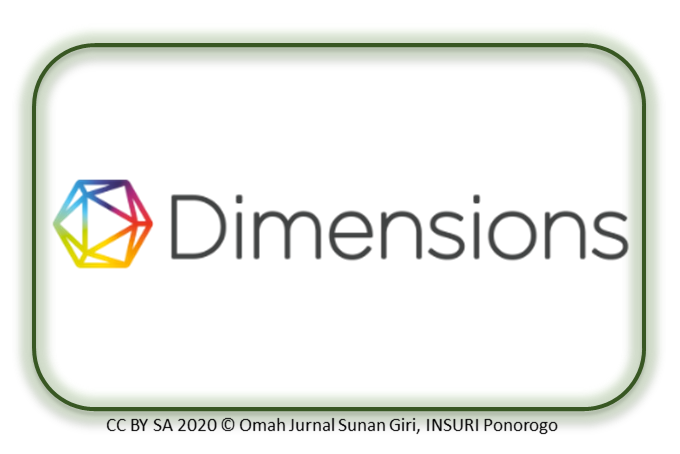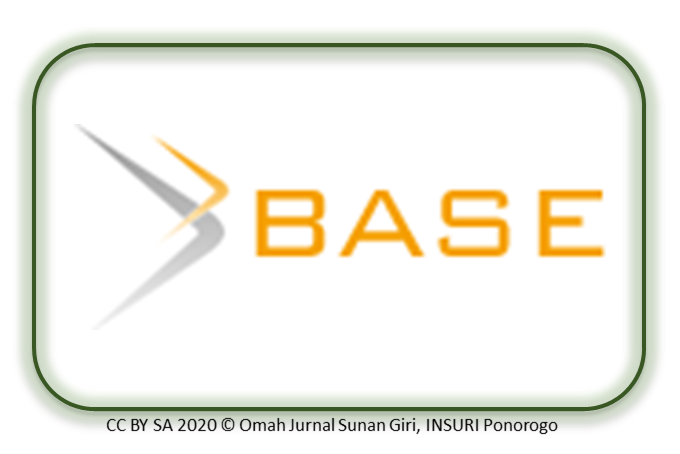MAHAR FOR ALL PROPERTY FROM ISLAMIC LEGAL PERSPECTIVE
Abstract
Mahar is a sincere gift from a prospective husband to a prospective wife. Mahar can be in the form of money, goods or services depending on the agreement of both parties. Mahar is one of the obligations that must be fulfilled by a husband to his wife. Mahar is the wife's right. The size of the mahar is determined by the ability of the prospective husband, as well as the customs and habits of a society. This study is to determine whether the mahar of all assets is permitted in Islam. As has happened the giving of a mahar of all assets in the case of Nur Hidayat's marriage to his chosen partner Sukatin, with a mahar of all his assets, namely a house and garden land. This study was conducted by reviewing the literature related to the title of the study. Furthermore, a descriptive analysis was conducted. The results of this study are that there is no maximum limit to the mahar given by the prospective husband. If the prospective husband has the ability to give the highest mahar, there is no prohibition in religious law, even with all the assets he owns. Religion allows the giving of a mahar with all assets on a voluntary basis without coercion and agreed by both parties. However, Islam teaches its people to make it easy to give a mahar to their wives. The Islamic teachings brought by the Prophet Muhammad SAW make it easy, not difficult, to worship Allah SWT. Marriage is a form of worship. The Apostle asked his people to provide a light dowry.Keywords: Mahar, All Assets, Islamic LawCopyright (c) 2024 Harmi Yusri, Arisman, Jumni Nelli

This work is licensed under a Creative Commons Attribution-NonCommercial-ShareAlike 4.0 International License.
Contents on this site are licensed under Creative Commons Attribution-NonCommercial-ShareAlike 4.0 International (CC BY-NC-SA 4.0)

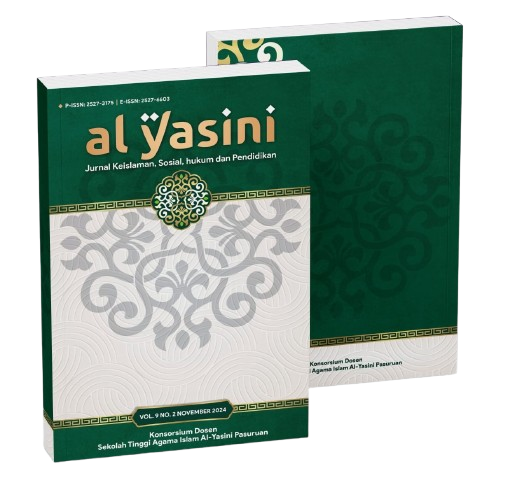

1.png)


